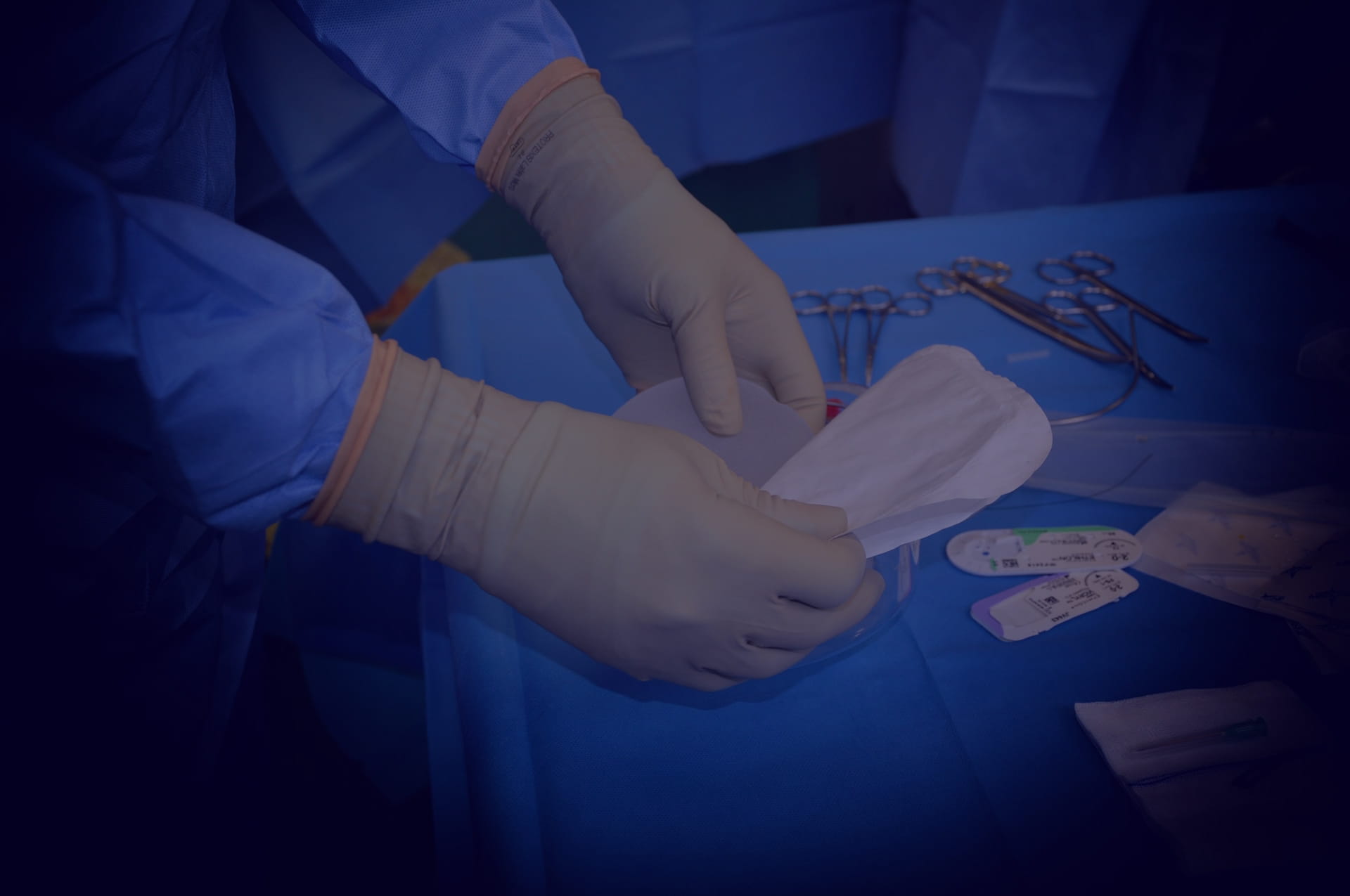Before undergoing any type of bariatric surgery, it is important that patients follow their doctors’ instructions closely and educate themselves on the risks and potential benefits of the procedure. To mentally prepare yourself for obesity surgery, do the following:
- Understand the surgical process and what to expect afterwards
- Talk to people who have had surgery for obesity
- Start a journal about your experience
- Get your family to write you a letter of support
All patients must undergo preoperative counseling before undergoing obesity surgery. This counseling will help you better understand that bariatric surgery is only one part of a multidisciplinary approach to weight loss. In no way should this surgery be viewed as a “quick fix.” Rather, bariatric surgery patients will be required to make lifelong changes to their diet and exercise habits to ensure a lasting result after bariatric surgery.
Behavioral Therapy
A thorough psychological evaluation is a crucial part of every obesity surgery patient’s surgical preparations. Once you have spoken with a doctor about the possibility of bariatric surgery, you will meet with a behaviorist trained in counseling bariatric patients. The evaluation will include your social, personal, and psychiatric history.
In addition to asking about your reasons for desiring gastric bypass surgery, the behaviorist will also determine whether you are prepared to alter your diet and exercise plan before and after bariatric surgery. The patients with the highest rate of long-term success are those with a strong support system of family and friends who are willing to assist patients physically and emotionally.
Certain physical and psychological conditions can reduce the chance of bariatric surgery success. These conditions include:
- Substance or alcohol abuse
- Undiagnosed, untreated depression
- Schizophrenia or other personality disorders
Evaluation by a behaviorist can uncover these conditions, allowing your doctors to treat them and giving you the best chance of success after bariatric surgery.
Physical Preparation for Obesity Surgery
A careful regimen of exercise and diet must be adhered to before bariatric surgery to ensure that your body is ready for both surgeries and for the drastic changes that it will undergo in the months following treatment.
Nutrition and Diet Therapy
Obesity surgery candidates should meet with a registered dietician on a regular basis to determine diet needs both before and after bariatric surgery. Caloric and nutrient needs should be determined based on medical history, actual weight, food preferences, and meal frequency. Individualized meal plans can then be customized to each patient’s eating habits, lifestyle, budget, and nutritional needs.
Fitness and Exercise Therapy
Developing an individualized exercise and physical activity plan is one of the most important steps of obesity surgery preparation. This exercise plan should begin well before and should be resumed as soon as possible after bariatric surgery. Even a small increase in exercise can improve a patient’s flexibility, range of motion, and balance, as well as decrease the chance of injury and soreness.
Pre-operative Instructions
All new fitness and diet plans should begin well before bariatric surgery and be closely supervised by a doctor. The doctor will provide the patient with a set of guidelines, which are likely to include the following provisions:
- Drink at least 64 ounces of water each day.
- Stop smoking for at least eight weeks before obesity surgery.
- Cease consumption of caffeinated beverages.
- Take a multivitamin each day, unless you are allergic or your doctor advises you not to.
- Keep a detailed written food diary.
- Eat at least three meals per day and healthy snacks in between – don’t worry about the calories, for now, focus on the behavior.
- Begin a walking program if possible.
- Write down your feelings every day to remind yourself of your commitment to begin a new and healthier lifestyle.
- Attend support groups for patients considering gastric bypass surgery or other obesity surgery.
- Follow your surgeon’s instructions regarding any medications you may be taking to control other health conditions.




